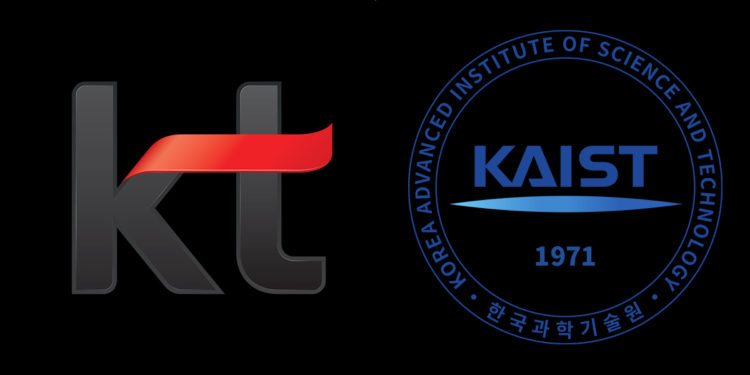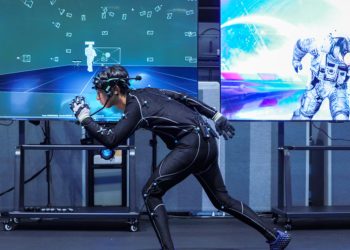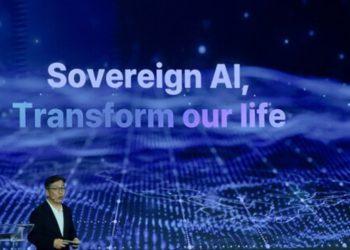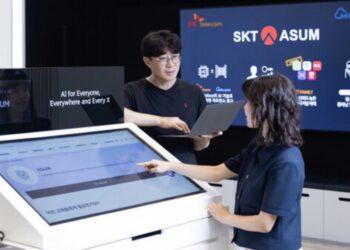KT Corp. teamed up with KAIST to co-develop multiple care solutions and services, integrating them with ICTs to solve common problems that vulnerable groups experience.
Moreover, users connect their smart speakers to local Internet of things (IoT) device networks with numerous sensors, enabling motion detection. Users also apply AI and IoT-based technologies to notify emergency services and keep track of their physical and mental conditions.
KT and KAIST teamed up to create solutions for elderlies living alone and other vulnerable groups’ everyday problems. Under the agreement, the two companies plan to further integrate information and communication technologies (ICT) into the healthcare field. To this end, the partners would utilize technologies, including AI, big data, and IoT to enhance care systems.
Integrating ICTs to Care Systems
They would particularly collaborate on three main areas, including joint IT tech development, AI technology research, and prototype application field research. Accordingly, KT would research caring services backed with AI technologies to support groups at risk, such as PWDs. After conducting research, KT would provide ICT-based solutions optimized for rescue and emergency response. KT would also produce emotional care services, helping the underprivileged population relieve common emotional problems.
Similarly, KAIST would develop an innovative care system that detects danger and aids vulnerable groups in case emergencies would arise. Both companies would also establish an ICT research center for developing services that enhance the social welfare systems of the underprivileged. Furthermore, KT and KAIST would hold demo days to analyze and exchange research results and the newest ICT developments.
Kim Woo-Chang, Head of KAIST’s Department of Industrial & Systems Engineering, also said that the project’s primary goal is to improve human life using AI tech, not commercial purposes. Additionally, Kim stated that KAIST aims to establish global leadership in providing ICT-based care solutions for the vulnerable.
“With this agreement, we take the first step toward the development of ICT-based care technology for vulnerable social groups,” said Lim Chae-Hwan, Head of KT’s AI and Digital Platform Business Division. Lim also added that the partnership with KAIST demonstrates KT’s commitment to ESG management strategies, significantly contributing to social welfare. Last year, KT partnered with diagnostics startup NGeneBio to develop digital healthcare services, including dietary therapies and genetic info analyses.







